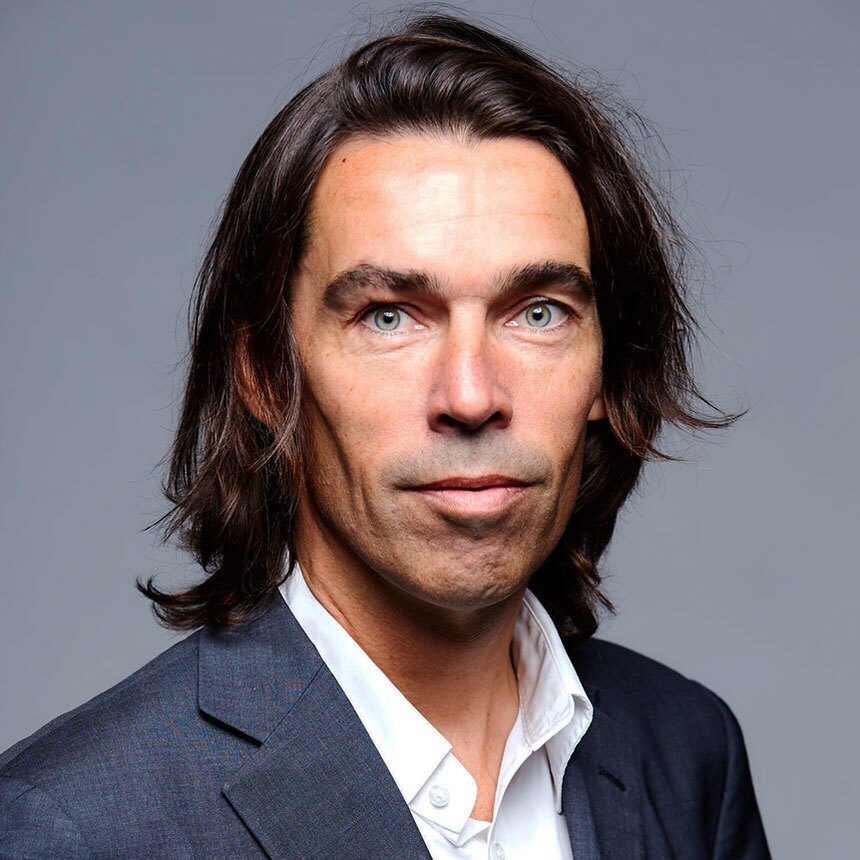SAN FRANCISCO — Investors in independent hotels are being forced to rethink deals overall.
During an investment panel at the 2023 Indie Lodging Congress, Ben Rowe, co-founder and managing partner of private equity firm KHP Capital Partners, said it's generally more difficult to finance an independent hotel than a branded one.
"Who you go to, those relationships are more important than ever," he said. "In today's environment, when lenders are more risk-averse and looking for reasons to say no, they may not be able to stretch and accept the idea of not having a brand."
KHP is working on an adaptive-reuse project with a lender who it had a relationship with and was interested in the deal but recently came back to KHP unable to finance it without a brand.
"We were planning to do this as an independent, we still may do it ... but it's leading us to rethink whether we actually need to do this branded to secure the debt," Rowe said.
Tamarack Capital Partners has completed three deals since the onset of the pandemic. All three included branded hotels, said CEO and co-founder Heather Turner.
Turner's company invests in independent hotels, soft brands and hard brands. Tamarack Capital Partners has not had to refinance any of its independent hotels.
"I will say the benefit independent properties sometimes have over the branded properties is they tend to be smaller. The smaller check-size deals [$50 million and below total capitalization] are the ones getting done today both on the equity and the debt side," she said. "Smaller regional banks are more active than the large money center banks. High-net-worth investors are more active than our large institutional investors."
The Impact of Global Challenges on Capital Markets
In 2021, an international consortium of developers and investors, including Oxford Capital Group, won the bid to develop and repurpose Egypt's historic Mogamma el Tahrir Complex on Tahrir Square as CairoHouse.
The mixed-use project is reported to include more than 450 luxury lifestyle hotels rooms and serviced apartments.
Sar Peruri, chief operating officer at Oxford Capital Group and partner of Oxford Hotels & Resorts/Oxford Living, said this project has become extremely difficult to finance.
"We're not quite sure when that project will ultimately get off the ground and financed," he said. "It almost feels trivial talking about the impact on hotel markets and economics given the human toll [wars are] taking; first and foremost, our thoughts and prayers to the Middle East and Ukraine and Russia."
He added the wars in Israel and Ukraine haven't had much of a direct impact yet in U.S. markets.
Rowe said global conflict generally creates a more challenging investment environment, particularly if the Israel-Hamas war expands and draws in the U.S.
"Investors, lenders are likely to become more risk-averse. That adds more pressure on valuations and makes debt harder to get," he said. "We do have real-time experience with this, where we had a lender on a refinancing that [we thought] was going to approve financing for us ... and ultimately ended up passing. The feedback was there's just too much uncertainty. They specifically cited the prospect of a broader war in the Middle East and decided they're not making any hotel loans for the time being."
Rowe said it's possible other lenders will take a similar approach.
Turner said the combination of higher interest rates and more cautious lenders has affected Tamarack Capital Partners' pipeline of hotel deals "dramatically." At the beginning of the year, her team took a conservative view on where interest rates were heading.
"Brokers, to get to their values, are assuming that buyers are going to underwrite a refinancing in the second year of their hold period. We took the view that we could not count on that going forward," Turner said. "Pipeline is impacted both by our ability to underwrite something to get to the returns our investors like ... and we have a handful of assets that we've executed the business plan. In a normal environment, we would be out selling; it would be a great time in the asset's life cycle to be in the market. But it's not a great time to be a seller."
She said the Israel-Hamas war is an additional reason to not put hotels on the market.
Keeping It Indie or Converting
Peruri said it can be difficult to gauge whether an independent or branded hotel will produce a higher net operating income.
"Many of our independent hotels, when we have compared our [profit-and-loss statements] against like-for-like branded hotels, we're getting a higher NOI per key," he said. "But there are definitely instances where the brand helped us get financing or was sort of an insurance policy to just ramp up more quickly, have less volatility."
Oxford Capital Group just opened a Godfrey hotel in Detroit under Hilton's Curio Collection. All other Godfrey hotels are pure independents.
Stakeholders decided to soft-brand it as a Curio to capitalize on its proximity to the city's urban core, where most of the business-transient demand comes from.
"We wanted that 'insurance policy,' of if somebody's coming there for a meeting downtown and they want to collect [a brand's loyalty points], this is an option for them," Peruri said.
The same line of thinking goes for the Silicon Valley market, he said, where the road-warrior and point-collector types "won't even look at your hotel unless you have the ability to give them points."
In San Francisco, however, Oxford Capital Group is confident operating pure independents, with the belief they can fill occupancy and get attractive rates, Peruri added.




